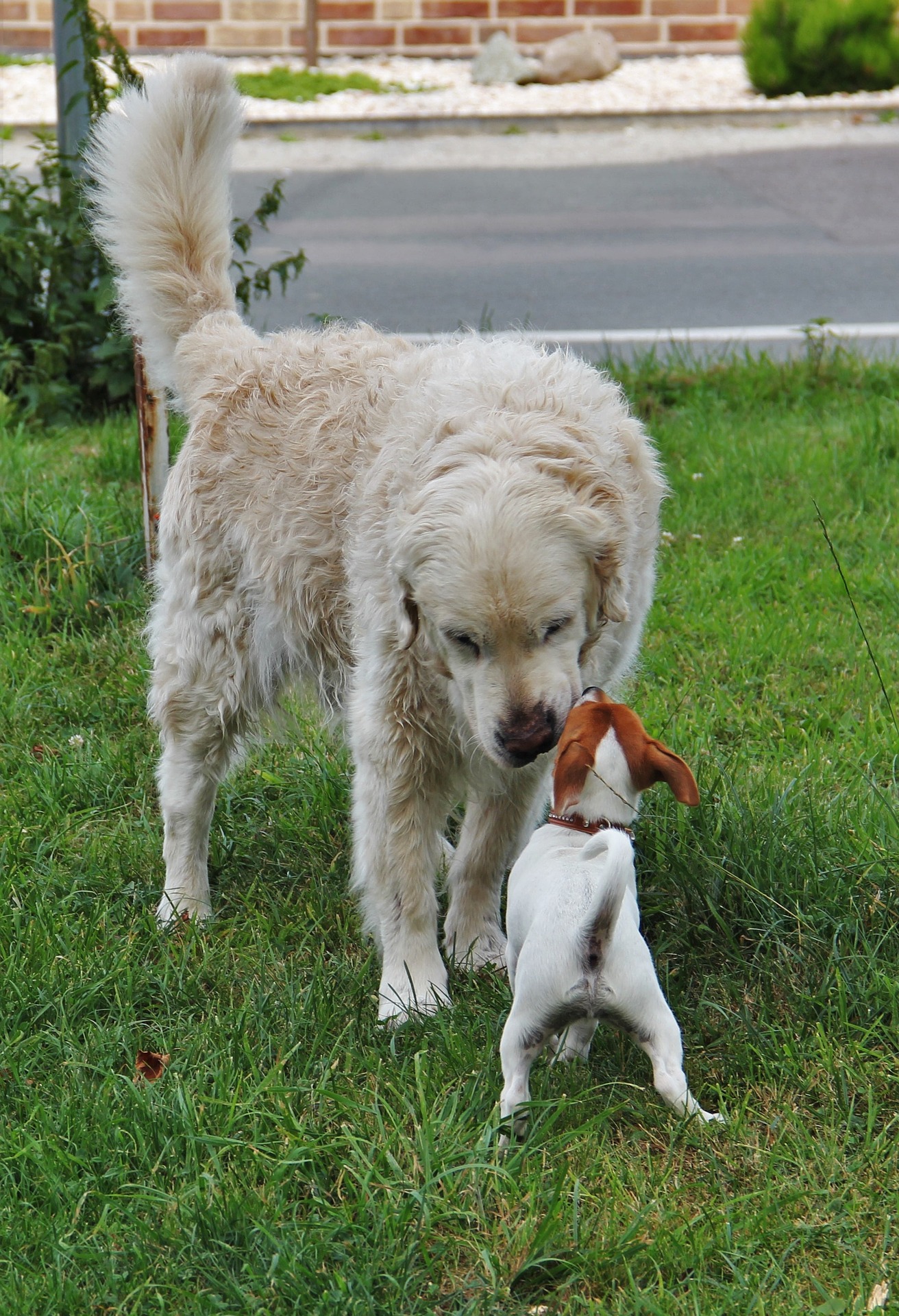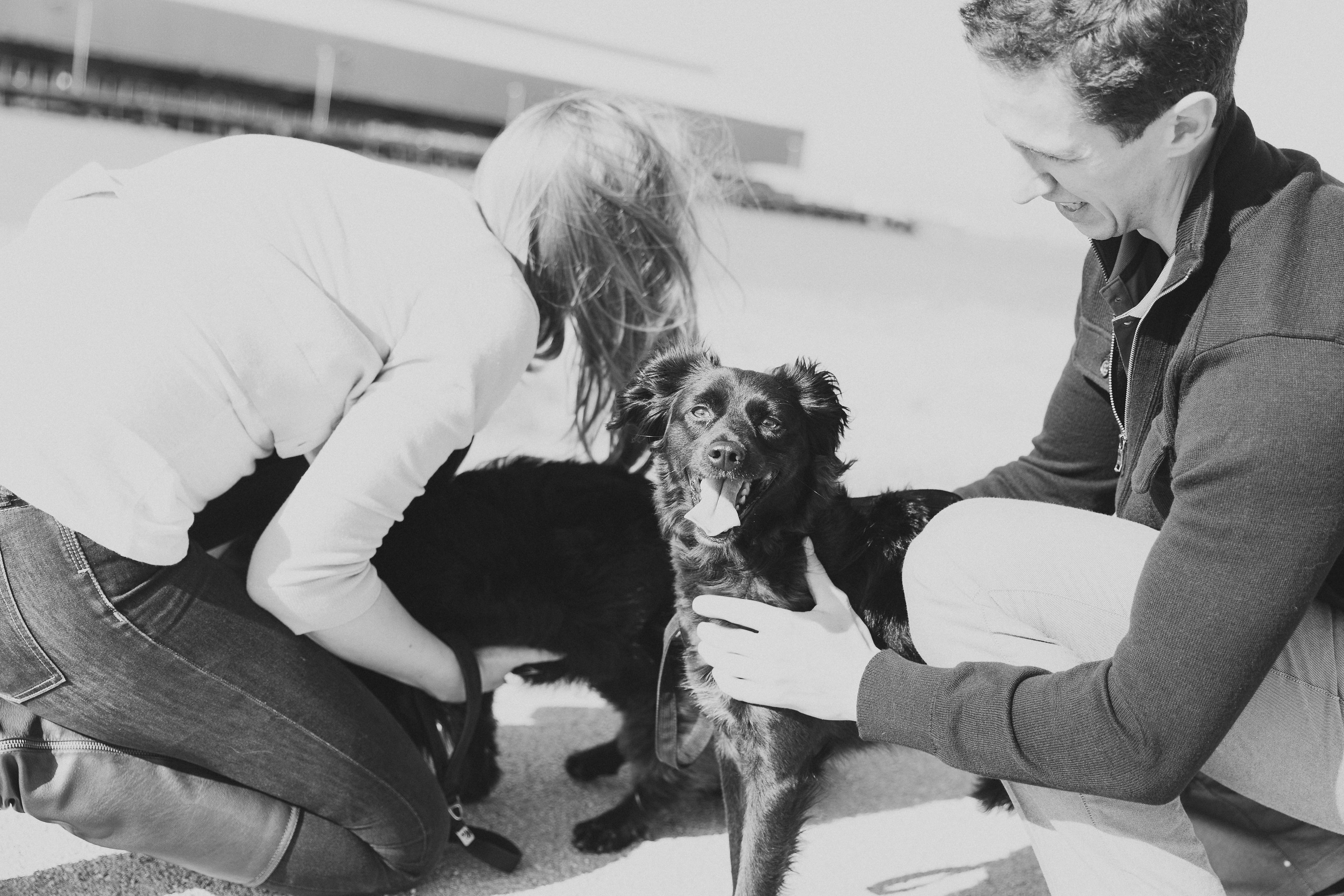Are you thinking about getting a second dog? Maybe a young dog from a surprise litter? Maybe a down-on-his luck pup from a local shelter? While more tails wagging in your home is certainly an enticing thought, not every dog needs – or wants – a sibling.
It can be exciting to consider rescuing another dog in need, but the temperament of your first dog – and the needs and demands on your family – should be carefully considered.
EXPENSE
Can you afford a second dog? A second dog means a second set of vet bills, grooming bills, boarding bills, supplies and food. Both dogs will need a lot of attention during the initial phase of introduction as well. You will need to supervise and guide them toward healthy interaction… there will be the cost of your time. Your new dog might need basic training and you might find paying to train both dogs together necessary so they can learn to live harmoniously.
DOES AGE MATTER?
Not really, though most experts agree it is best to wait until your current dog is out of puppyhood and at least trained with basic commands. A trained dog can help imprint good behaviors on his new sibling. Bringing home a dog similar in age can be a good match for your first dog’s energy and interests. But losing a pet is hard enough, and the heartbreak would be doubled should both pass in a short span of time. Finally, most senior dogs can tolerate a younger sibling, but reinforcing your first dog’s importance with love and doting attention is critical. Help him not feel ignored or replaced by the second, charming addition.
“It can be exciting to consider rescuing another dog in need, but the temperament of your first dog – and the needs and demands on your family – should be carefully considered.”
TEMPERMENT
Perhaps the most important consideration of all is how is your first dog behaves around other dogs. Have you had other dogs in your home? How has your dog reacted? Dogs are highly social creatures, so getting another dog can improve your first dog’s quality of life. If your schedule demands that your dog is alone for hours on end, a sibling might keep him from feeling lonely. This can prevent a variety of isolation distress issues, like destroying toys or household items, barking or growling for attention, lethargy, and even increased aggression. Experts warn that a dog who suffers from these problems could transfer negative behaviors onto their sibling. It is critical to address any problems with a trainer before adding another dog to your family.
Not all dogs need other dogs to feel happy and content within your family. Provide your dog with as much attention and genuine love and affection as you can, and your dog will feel fulfilled in your family “pack.”
Every dog is different and if you decide yours would love a sibling, take your time and be diligent finding the right second dog for him – and for your family!

